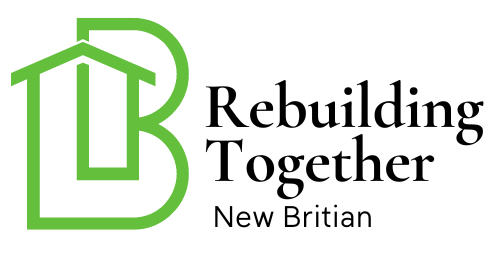Home safety is a crucial aspect of creating a secure and comfortable living environment. Whether you’re a new homeowner or have been living in your house for years, understanding the importance of basic home safety tools is essential. These tools not only provide protection but also peace of mind for you and your loved ones.

Understanding the Importance of Home Safety
Home safety encompasses a wide range of practices and tools designed to prevent accidents and protect against potential hazards. From securing loose rugs to installing smoke detectors, each element plays a vital role in maintaining a safe household. In this article, we will delve into the essential basic home safety tools that every homeowner should have.
Fire Safety: A Top Priority
Smoke Alarms
A functioning smoke alarm is one of the most critical components of home safety. It alerts you to potential fires, allowing for timely evacuation. Regular testing and maintenance of smoke alarms are recommended. For more information on testing smoke alarms, visit testing smoke alarms.
Fire Extinguishers
Having a fire extinguisher on each floor of your home is essential. Ensure that everyone in your household knows how to use it. Fire extinguishers can prevent small fires from becoming major disasters.
Preventing Falls
Secure Flooring
Slippery or uneven flooring can pose significant fall risks, especially for the elderly. Consider installing safe flooring options to reduce these risks.
Handrails and Grab Bars
Installing handrails along stairs and grab bars in bathrooms can provide additional support and stability, especially for those with mobility challenges.
Childproofing Essentials
Outlet Covers
Outlet covers are simple yet effective tools to prevent children from inserting objects into electrical outlets, reducing the risk of electric shock.
Secure Storage for Cleaning Supplies
Storing cleaning supplies in a secure location, out of reach of children, is crucial. Learn more about secure storage solutions for cleaning supplies.
Security Measures
Door and Window Locks
Installing sturdy locks on doors and windows is essential for preventing unauthorized entry. Regularly check and maintain these locks to ensure they are functioning correctly.
Security Cameras
Security cameras provide an additional layer of protection by monitoring your property. They can deter potential intruders and provide valuable evidence in case of a break-in.
Home Modifications for Accessibility
For those with specific accessibility needs, home modifications can greatly enhance safety. The NDIS offers valuable insights into home modifications for accessibility.
Adaptive Equipment
Adaptive equipment, such as stairlifts and ramps, can significantly improve mobility and safety for individuals with disabilities. Explore more about adaptive equipment available for home safety.
Emergency Preparedness
First Aid Kits
Every household should have a well-stocked first aid kit. It should include bandages, antiseptics, pain relievers, and other essential items for treating minor injuries.
Emergency Contacts
Keep a list of emergency contacts, including local police, fire department, and family members, in an easily accessible location.
Regular Maintenance and Inspections
Regular maintenance and inspections of your home can identify potential hazards before they become serious problems. This includes checking for gas leaks, inspecting electrical systems, and ensuring proper ventilation.
Safety Updates for Rental Properties
If you are renting, it’s important to ensure that your landlord is aware of and addresses any safety concerns. Learn about safety updates for rental properties and how they can impact your living situation.

FAQs on Basic Home Safety Tools
Why are smoke alarms important?
Smoke alarms are crucial for early detection of fires, giving you time to evacuate safely.
How often should I check my fire extinguisher?
Fire extinguishers should be checked monthly for pressure levels and inspected annually by a professional.
What should be included in a first aid kit?
A first aid kit should include bandages, antiseptics, pain relievers, and other items for treating minor injuries.
This article contains affiliate links. We may earn a commission at no extra cost to you.

